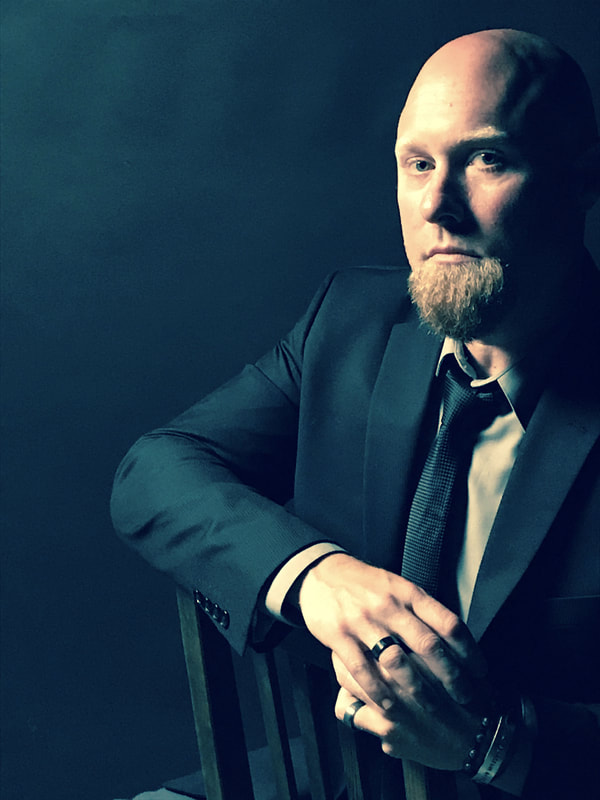|
In the beginning…
poetry readings can be potent exhibitions of originality and creativity. I have heard some great pieces of art and have been touched by powerful surges of poetic energy thick enough to prickle the hairs of everyone in the room. Poetry readings, at times, can also be painful, for both audience and poet—a handkerchief soaked in moans and mourning at a funeral, the poet slowly being lowered into a 6-foot abyss. Cornelius Eady’s reading from his book, Brutal imagination struck at the core. When he almost whispered the words, the ghost of the imaginary black man that Susan Smith accused of abducting her two children, ages, and drowning them, haunted me. He still haunts me today. Kim Addonizo reading her poem, Blues…, accompanied by her harmonica playing urged me to learn the harmonica. I bought a harmonica, a video on how to play the harmonica, and practiced and practiced. I finally have the sound of the train down. That’s about it. However, the low-down dirty blues lingers inside me and will loiter my gravestone while the apparition of Robert Johnson sits and plays 12-bars. (Side note: I’m not trying to name drop or anything, but these two readings have sat with me. There are many more commanding readings I have witnessed and plenty with unknown poets.) However, The reading of an unknown poet, pronouncing her love for her boyfriend completely butt naked may sit as my lowest low. Yes, she was completed naked! The poem, too, was naked—naked of any concrete imagery—filled with empty ambiguities and clichéd feelings. “Show, don’ tell,” I thought. But, of course, she showed everything just not in the poem. …there was this poet who read her poem and, afterward, declared to the audience that it was a true story. I cringed. Why do I want to know that her poem is the truth? Why should it matter? I want to let the poem sit within me without any outside influence—the poem for poem-sake. Do I dare say something to her? I didn’t say anything, by the way, but I let it zombie inside me too long. In reflection, and years later, I have dramatically altered my original perspective. One of the most often questions asked of me is how do I start my writing. The second most common question asked, what is docupoetry. I will briefly address the second question first, following with the first, second. I’m not going to go too far into detail, defining docupoetry. There have been loads of critics and poets that have addressed the question, what is docupoetry. Ed Sanders, Mark Nowak, Philip Metres, Susan Briante, to name just a few. Here, to keep it as simple as I can, I will use Joseph Harrington’s definition: Documentary Poetry “contains quotations from or reproductions of documents or statements not produced by the poet and relates historical narratives, whether macro or micro, human or natural.” Now, answering the first. I have many reasons for loving and writing docupoetry or at least using the idea of docupoetry as a piece of my writing—to start my writing. My top reasons are:
I’m sorry. I want to apologize to the poet who announced her poem as a true story. Even though I never externalized my issue with this statement, I still want to deliver my apologies. We live in a major documentary movement. Perhaps, our current documentary urges weigh more influential than Roosevelt’s New Deal and the WPA. For just one simplistic example, how many movies, TV shows, books, or whatever have you seen with a phrase such as “based on a true story”? My first book, Sunshine Special, even has it. And social media has fully exasperated the documentary movement, for truth and dare. We are fascinated with reality. Yes, we still have the proclivity to escape reality and enter Wonderland. However, there is something that engages our sensibilities when we know it might be true.
0 Comments
|
|
Proudly powered by Weebly

 RSS Feed
RSS Feed